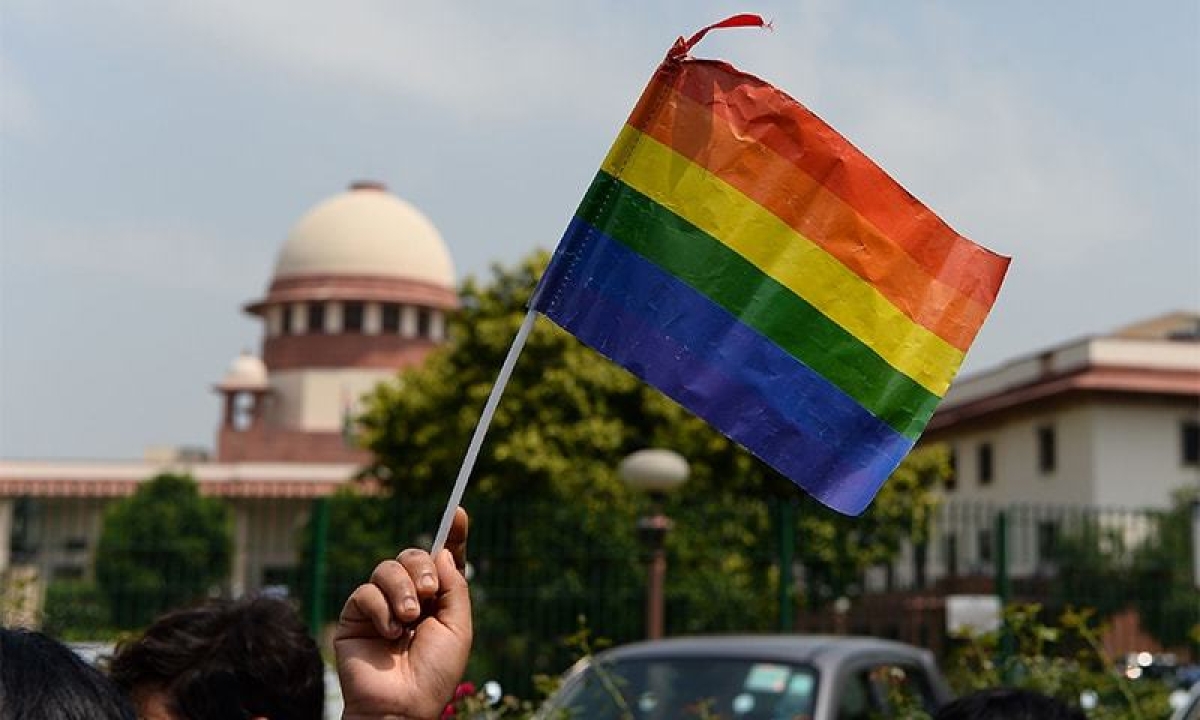India's Supreme Court delivered a significant setback to the LGBTQ+ community by rejecting a landmark petition that sought recognition of same-sex marriage in the country. The decision denies tens of millions of LGBT+ couples the right to marry their partners and has sparked discussions on LGBTQ+ rights in the nation.
In a comprehensive judgment, the Supreme Court of India encouraged the government to establish legal recognition for same-sex couples to prevent discrimination but refrained from incorporating such couples within the existing legal framework of marriage.
The case involved 21 separate petitions from members of the LGBTQ+ community who argued that the inability to marry violated their constitutional rights, effectively relegating them to "second-class citizens."
The government countered the petitions, asserting that marriage is an institution exclusively defined as between a man and a woman. It argued that those advocating for marriage equality represented an "urban elitist view for the purpose of social acceptance."
Chief Justice DY Chandrachud, the country's most senior judge, and four other Supreme Court justices oversaw the case. The proceedings extended until May 11 of this year, and the verdict was pending for over five months.
This decision comes five years after India decriminalized gay sex, a historic ruling that was celebrated by many as a step forward for LGBTQ+ rights in the country. However, the rejection of the same-sex marriage petition highlights the ongoing struggle for equal rights and acceptance faced by the LGBTQ+ community in India.










